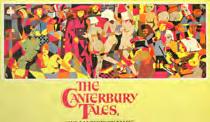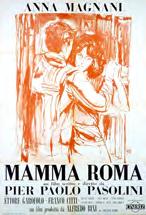CIne fan

















A Catholic, a Marxist and a homosexual in equal measure, the three identities of Pier Paolo Pasolini (1922-75), like the Holy Trinity, are interwoven in his works. From his directorial debut Accattone to his brutal murder at the age of 53, these identities, contradicting yet supplementing each other, combine to create a cinematic universe that constitutes a compelling, provocative, and transgressive vision of the contemporary world.
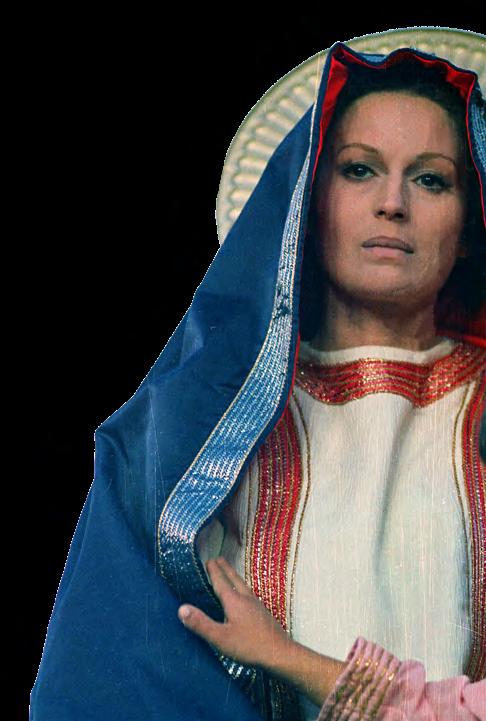
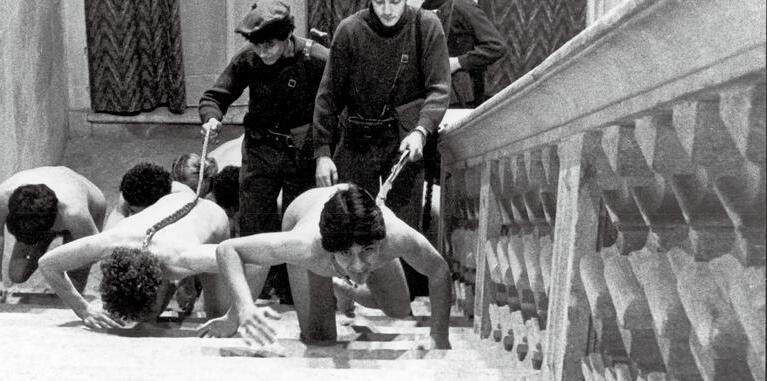
Facing a postwar Italy where the Fascist phantom re-emerged in neo-capitalist consumer culture, the poet expressed his intense loathing for bourgeois hedonism. In contrast, he caught a glimpse of sanctity in the underworld of the socially deprived. Through
the shocking analogies of pimp as saint and whore as angel, he satirised the religious establishment by contaminating a sacred culture, while he discovered life’s dignity in their desperate struggle for survival, and even saw the hope of salvation for the country. It is out of this socially marginalised reality that Pasolini created his cinema of poetry – existential, truthful and of stark visual beauty.
With a reactionary belief in the primitive body and instinctual desires as the touchstone of reality, Pasolini used explicit sex as a tool of ideological provocation, with the acid criticism on Catholicism, capitalism and the bourgeoisie in Ro.Go.Pa.G’s Curd Cheese, and charging Theorem with sexuality as a sort of striking


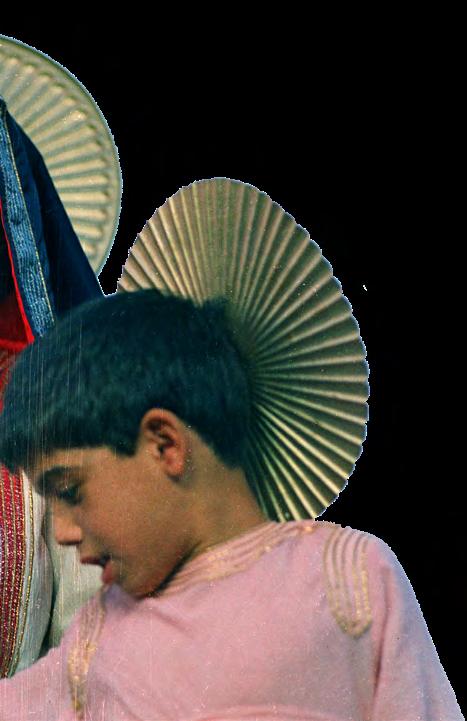
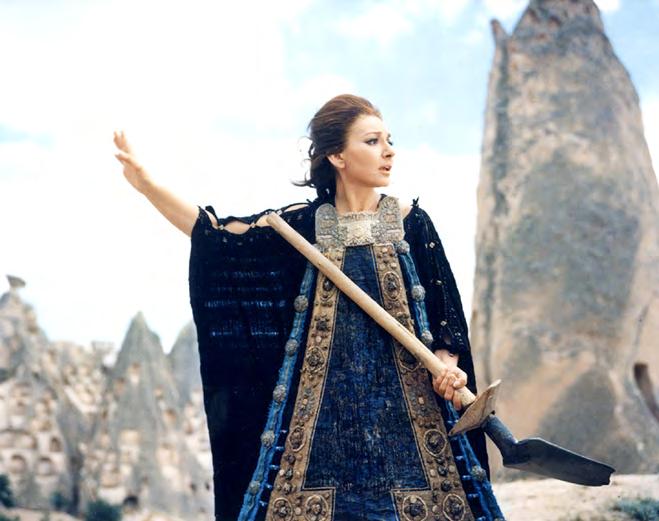
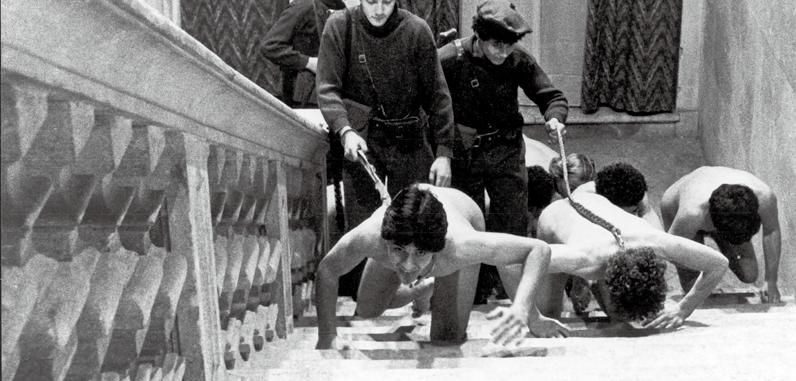
revelation and transcendence, at once scandalising morality, bourgeois hypocrisy and against nihilism.
Paradoxically, he realised that the sexual liberation serves to expand rather than subvert the culture of New Capitalism. Turning to medieval literature, he tried to historicise sexualities in order to create a virtual rupture in the lived experience of the contemporary world in his Trilogy of Life, a highly acclaimed work which he himself later repudiated. In a radical transformation he shifted to the exploration of the human capacity for cruelty, perversity and sexual sadism bordered on the unimaginable in his political allegory Salò, or the 120 Days of Sodom, decrying his most violent and outrageous remarks on the
decadent society.
On the 100th anniversary of Pasolini’s birth, we pay homage to one of the world’s leading left-wing intellectuals with a retrospective comprising all of his fiction feature and short films, seeing him anew as a poet, master filmmaker, and even a prophetic enlightener.
Italy
beyond the humanist ethics that
classic neo-realism, Pasolini’s astonishing directorial debut is already a mature statement on ‘re-sacralising’ human existence. A powerful and moving work evocating the primordial links between violence and the sacred, the story anchors on a pimp from the poorest district of Rome who lives on the earnings of prostitutes, but faces his senseless demise ironically for his empathy with an innocent girl. Stridently lyrical, this truthful portrait of the misery and eros of the sub-proletariat embodies what Pasolini would later theorise as his ‘cinema of poetry.’
目相看,邀請合作,遂成就了兩人的事業 座標。羅馬媽媽把青春期的兒子帶到永恆 之城,希望他展開有「體面」的新生活。
可惜皮條客上門勒索,她被迫重操故業, 妓女身份不幸被兒子發現。母子共舞探 戈、騎車飛馳,歌頌聖母抱子的偉大聖 潔,卻又透現戀子情結的曖昧遐思。有若
of mother and son shows the
signs of Pasolini’s indictment of his country’s degeneracy, and simultaneously
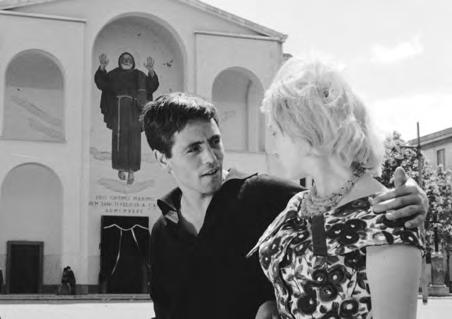
erotic sensuality and dark iconoclasm
mark his career. Laced with
references, this melodrama traces
former prostitute Mamma Roma, played
the electrifying
Magnani, who tries
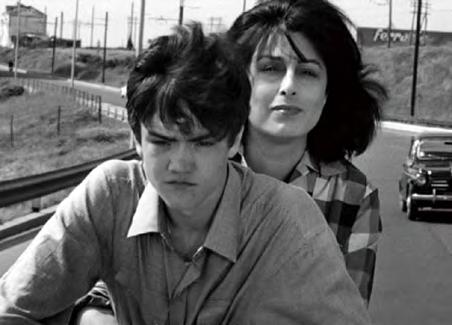
transcend her past and makes a petty-
life for her adolescent son. When
is forced to return to the streets,
boy is destined to follow her tragic trajectory to Dante’s Inferno.
by CSC – Cineteca Nazionale in collaboration with RTI-Mediaset.
影片以四大名導姓氏字頭命名,結集四段短
片以世界末日的開端為題,各異其趣。在羅
塞里尼的喜劇《貞潔》,端莊空姐被迫假裝
淫蕩,以擺脫美國遊客的苦纏。對都市愛情
悲觀的高達,在《新世界》描寫剛萌芽的戀 情在巴黎核爆後嬗變,暗照冷戰陰霾下人際
關係破裂。柏索里尼在《軟芝士》請來奧遜
威爾斯在戲中戲代坐導演席,拍攝一部戲謔 的基督受難電影。影片在意大利遭禁映,他 亦因褻瀆罪被判囚四月。葛雷戈雷提的《走 地雞》則將專家演講與一家遭遇交叉對剪, 對自由市場操控客戶消費的手段深刻嘲諷。
A quartet of short films from four auteurs who recount the beginning of the end of the world. Chastity is Rossellini’s screwball comedy of a stewardess shooing away flirtation by switching from chaste brunette to brazen blonde. A doomed romance in the aftermath of a nuclear bomb in Godard’s The New World suggests a political allegory that taps into cold war fears of annihilation. A black satire that led to Pasolini’s imprisonment for blasphemy, Curd Cheese remarks on the apocalypse through Orson Welles making a pretentious film about Jesus Christ. Gregoretti’s Free Range Chicken ridicules the catastrophe of consumerism through the tragicomedy of a family purchasing a real estate.
從非教會正統視角拍上帝之子一生事蹟, 柏索里尼逕向宗教、神話以至史詩電影的 巔峰。沒有劇本,直依〈馬太福音〉一字 一句訴說耶穌由出生、宣道以至被釘十架 後復活的故事,起用素人演員,並由自己 母親飾演聖母。將文藝復興、拜占庭等古 典畫風混而為一,以手提攝影、變焦及特 寫鏡頭賦予影像現代性。從福音看出基督 的神性、人性以至革命之姿,把慈愛和救 贖帶進人群的經歷描繪成衝突處處,以聖 經文本對抗社會及教廷的虛偽,更像是高 舉其神聖與左翼信仰宣言。
Hailed as one of the best films ever made about Christ, Pasolini’s reinterpreted classic is a powerful vision from the perspective of a non-orthodox believer. Shot without a script, the life of Christ is told with stark simplicity, quoting faithfully from the Gospel throughout. Charged with a visual style owing to Renaissance and Byzantine art, the tableaux yield a restrained depiction of the miracles and the Crucifixion, while its dreamlike montage and close-ups achieve a modernity. Portraying Christ in his divinity, his humanity and even as a radical, Pasolini combines the revolutionary and the reverential that seems like his CatholicMarxist statement.

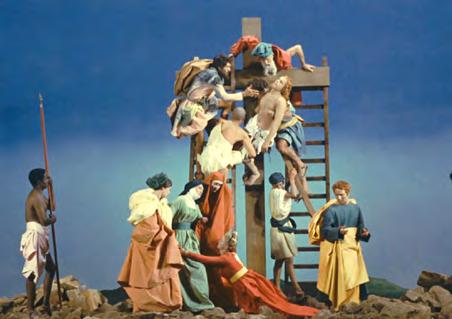
Rossellini, Jean-Luc Godard,
Paolo Pasolini, Ugo Gregoretti
Italy/法國 France 1963 122min
Rosanna Schiaffino, Jean-Marc Bory, Orson Welles, Ugo Tognazzi
Italy/法國 France 1964 137min
Enrique Irazoqui, Margherita Caruso, Susanna Pasolini
Prize
fable-like comedy marks Pasolini’s radical shift towards allegory and myth to embody his critical analysis of Christianity and Marxism doctrines. Taking a metaphorical stroll, a Chaplinesque father (played by the great comedian Totò) and his empty-headed son, accompanied by a philosophical talking crow, find themselves transported back 750 years to the time of St. Francis. Following the saint’s instruction to convert the hawks and the sparrows to God’s love, they are ironically enlightened to see the ambiguities and confusions of life, falling prey to imperialism, class conflicts and social divisions. Screening with segment The Earth Seen from the Moon (30min) from The Witches
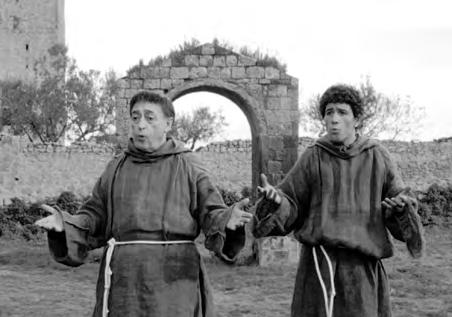
子自道的身影無處不在,甚至粉墨登場擔 綱演出大祭司,預言自我命運,建構個人 神話。湮遠的古底比斯神話跨越時空,由 戰前意大利初生嬰孩被法西斯父親遺棄起 始,終章轉移到戰後博洛尼亞,自我放逐 流落街頭作結。為古代文本注入現代視覺
ancient Greek tragedy of Oedipus
by a prophecy to murder his father
marry his mother, Pasolini’s transplantation of the myth

put under a very personal frame
interweaves his own memories with Sophocles’ drama – and with his cameo as a high priest. Connected to the contemporary world through an autobiographical prologue and epilogue, the ancient text
unfolded in desert settings
primitive grandeur, in a mood of solitude and ambivalence that underline the myth’s psychological overtones – are we truly fated to our destinies?
神秘美男子到訪米蘭資產階級家庭,挑起父
母兒女以至女傭的慾望,捲起一場情色風暴
後突然離去,各人陷入靈魂崩潰的黑洞,生 命從此徹底改變。他是撒旦把人誘惑,抑或
上帝予人啟蒙?教養、禮節、道德在慾望解 放下被摧毀,情色革命令宗教、政治、社會
秩序驟然傾覆,所有人不得不走向自我變
異。無產者升天顯聖,內斂者身心癱瘓,研
藝者入道抽象,放縱者耽於肉慾,資本家裸
身奔向荒漠 柏索里尼顛覆一切界線,恍
若天啟的定理震憾影壇,至今仍教人難以透
析。同場放映《意大利式狂想》中短片《雲 像什麼?》(22分鐘)。
In a striking piece of sixties political cinema loaded with overt sexuality, the Italian provocateur lays a bomb in a stagnant Milanese bourgeois family with the arrival of a mysterious visitor, who sexually entrances every member, leaving each to a transcendent upheaval: from becoming sanctified, withdrawing into a catatonic state, to walking nakedly into the desert. Are these transformations the miracles of God or the tricks of Satan? Defiant, bizarre, and enigmatic, it still opens to whimsical interpretations on how the darkening void of social stigma engulfs the human soul. Screening with What are the Clouds? (22min) from Caprice Italian Style
兩條看似互無關聯的敘事線,平行交接,卻 相匯於兩個年輕人自我毀滅的宿命。一個在 中世紀的荒野默然無語,為了生存成為食人 族,以赤裸之軀坦然面對軍隊逮捕,被行刑 前拒吻十字架,只道來弒父與吃人的狂喜; 一個在戰後德國與貌合神離的女友侃侃而談 愛情,在前納粹資本家父親的操控下只得遁 入昏迷,繼而在豬欄的獸慾迷宮裏被吃掉得 一乾二淨。柏索里尼的深刻寓言,驚世駭俗 與振聾發聵非二元對立;在父權體制、資本 主義吃人的時代,吞噬與被吞噬只是殊途同 歸。同場放映《愛與怒》中短片《紙花的故 事》(12分鐘)。
beloved
complex play
articulated
compelling allegory – the one to devour
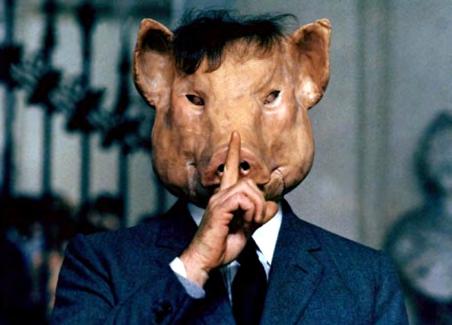
the one to be devoured are both sacrificial
of their generation.
Flower Sequence

意大利 Italy/法國 France/西德 West Germany
110min
Cast: Maria Callas, Massimo Girotti, Giuseppe Gentile, Laurent Terzieff

of eccentric fantasy and real passion, Pasolini’s imaginative recreation of Euripides’ play shifts the tragedy away from the prodigious revenge plotted by the mythical sorceress to the loss of her mystical homeland. Among the stark, abstruse tableaux stands a splendour crystallised in the magnificent face of opera diva Maria Callas as Medea, whose fiery emotions culminate in her bitter renunciation of the world replete with betrayal and political ambition. Through poetic, desirous explorations of landscape and ritual, Pasolini shapes a biting allegory for the menacing influence of Western civilisation on the Third World.
放浪生活,折射當代歐洲的頹靡。將薄伽
意大利 Italy/法國 France/西德 West Germany
111min
Franco Citti, Ninetto Davoli, Angela Luce, Pier Paolo Pasolini
recreate a lost reality inspired by the medieval texts, Pasolini takes a rollicking
to his Trilogy of Life, weaving together ten of Boccaccio’s 14th-century moral tales into a turbulent and uproarious panorama of early Renaissance life. Abandoning the framing device of the source material, stories intersect with each other in a fluid world where personal freedom, sensuality, and eroticism are central to human experience, while class, conflict and religion are constructs as sexual romps. Appearing as a pupil of Giotto, Pasolini paints a cinematic landscape ripe with obscene ecstasy and frenzied dream.
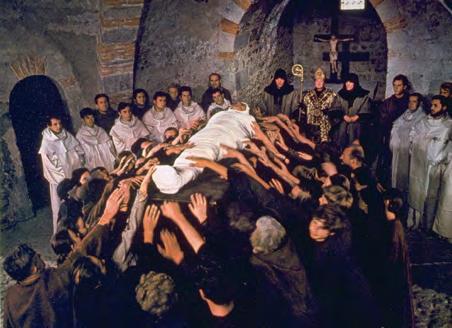
從英國十四世紀敘事詩篇擷取八段故事,
以赤裸露骨的敘事風格,高奏生命第二部 曲,透過放浪形骸的性愛作為爭取人性自 由的原始武器。柏索里尼自演大詩人喬 叟,將朝聖者故事篡改成一幅幅放蕩荒淫 的眾生相,貪婪、虛偽、脆弱的人性暴露 無遺。鏡頭不避諱對準兩男同床交歡,富
者以錢脫罪,貧者則被火刑處決;三番四 次的響屁,更是故意對宗教及道德潔癖者 的輕蔑嘲諷。最後借博斯的奇詭筆觸勾畫 地獄荒誕奇觀,以猥褻的high camp美學, 戲謔人間的偽善與虛華。
Pasolini’s claim of celebrating life in all its physicality and carnality is fully embraced and embroidered in this gutsy and delirious reinterpretation of Chaucer’s lusty tales. From transgressive gay sexual and lecherous ladies accompanied by a salvo of farts, to the climactic ending in a Boschian hell populated by friars and demons, Pasolini – who appears once again as Chaucer himself – creates his own sexually-explicit and visually-sumptuous tales as a carnival of the primitive for ‘mere pleasure’ and as a tool of ideological provocation, weaving in his attacks on contemporary European decadence.
Italy/法國 France 1972 111min
Hugh Griffith, Laura Betti, Ninetto Davoli, Franco Citti
International Film Festival: Golden Bear for Best Film
「生命三部曲」的壓卷作,柏索里尼從 《天方夜譚》選取以性愛、慾望及宿命為 核心的最美篇章,交織出幽默與夢幻感滿 溢的中東風情畫。以尋找失蹤女奴為主 線,純真少年歷盡艱辛,到最後主奴身份 易轉,有情人終成眷屬。沿途是一個個魔 幻故事,當中有負心漢慘遭閹割、公子得 罪魔鬼被變身猴子、錯殺無辜的王子悟道 苦行的深刻寓言,悲喜互滲,胡鬧與諷喻 並存。以粗獷詩意還原人性原始面目,幸 福結局更像理想主義的天堂,糅合場場性 愛歡愉,成就一部情色曠世奇作。
the fairy-tale world of

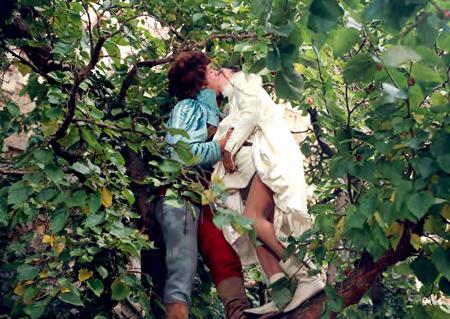
inventive spin
Nights
tales
意大利 Italy/法國 France 1974 130min
Franco Merli, Franco Citti, Ines Pellegrini, Ninetto Davoli
Film Festival: Grand Prize of
of
limits imposed by religious and bourgeois morality. Revolving around
story of a hapless master questing to reconnect with his stolen slave girl yields an engrossing array of profound and liberating moments, from the castration of a philanderer to the enlightenment of a prince. A magical finale to the Trilogy of Life, this romp in flights of fancy is an exuberant exploration of sexuality and a euphoric celebration of human passions.
loss and
Marquis de Sade’s 18th century novel to Mussolini’s Republic of 1944, Pasolini’s final work is epitaphed with his lifelong scathing denunciation of political atrocities and social ruins. As shocking and repulsive as it is thought-provoking, this brutal study of sex and power involves four potentates – the Duke, the Bishop, the Magistrate and the President – abusing and torturing eighteen youths for their sadistic pleasure. Exposing rape, coprophagy, mutilation and murder under precision
revolting
impossible
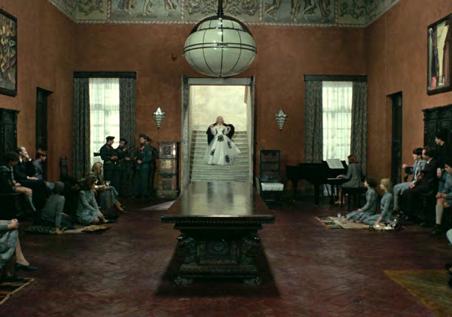
watch,

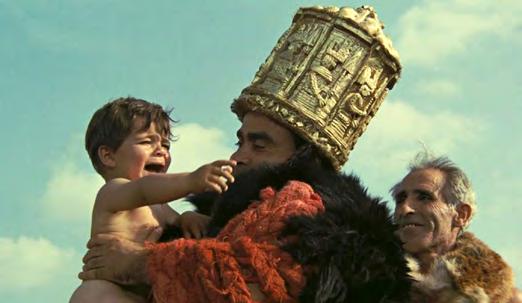
夢幻組合再度拍檔,笑匠圖圖及愛將尼納托達沃利再演父子,在妻/母 死後攜手尋找替代,碰上神秘聾啞碧髮女子的奇遇。仿傚差利默片,在 簡單構圖、精準節奏上添一抹濃郁色彩,拍成荒誕黑色喜劇,輕鬆道來 生與死的兩面一體。與《鷹與麻雀》同場放映。
Combining the Chaplinesque style and rhythm of silent comedy with a bright, playful colour palette, Pasolini crafts a surreal tale featuring a father and his son, whose search for a replacement of his deceased wife and mother has no luck until they find a mysterious deaf mute greenhaired woman, and discover that to be dead or alive is the same thing. Screening with Hawks and Sparrows
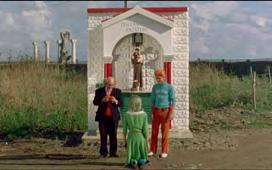
意大利 Italy 1967 30min
Cast: Totò, Ninetto Davoli, Silvana Mangano
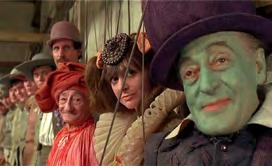
柏索里尼的後設劇場,為莎士比亞的《奧賽羅》賦予新靈光。布偶師操 控着有如人的布偶奧賽羅,受旗官伊阿古慫恿欲殺不忠妻子,不料反被 觀眾摧毀。遭棄置於荒野,竟得以脫離操縱,在垃圾堆上首次仰望青 空,驚歎白雲的美麗。與《定理》同場放映。
In Pasolini’s metatheatrical play of the Shakespearean tragedy, the actorspuppets playing a comic version of Othello and lago on stage are all of a sudden torn apart by the angry spectators. As the two puppets are disposed in a remote dump, they are ironically freed from manipulation. Seeing the blue sky for the first time, they admire the clouds stupefied. Screening with Theorem
穿梭於喧囂的羅馬大街,少年逕自逍遙快活的畫面,交疊着越戰、文
被上帝懲罰了。此放映為修復版本亞洲首映,並與《豬欄》同場放映。
A blithe young man is happily strolling down Via Nazionale in Rome, while in superimposition there are solemn images of the Vietnam War, the Cultural Revolution and the death of Che Guevara, of which he remains blissfully ignorant and unaware. Not even conscious of the call from God, he receives the reprimand as of the Barren Fig Tree. Asian premiere of the restored version, screening with Pigsty
 意大利 Italy 1969 12min
Cast: Ninetto Davoli, Rochelle Barbini, Aldo Puglisi
意大利 Italy 1969 12min
Cast: Ninetto Davoli, Rochelle Barbini, Aldo Puglisi
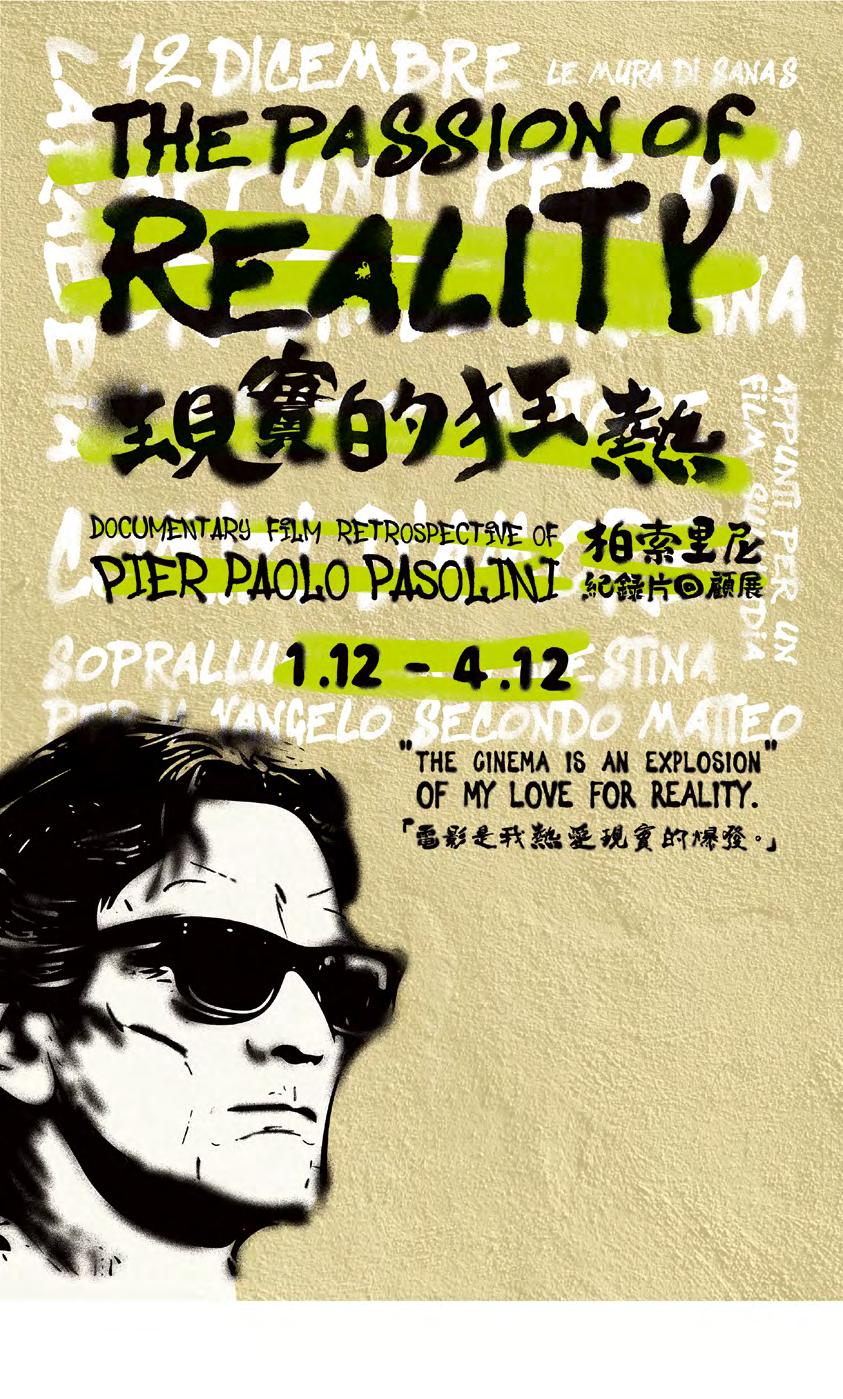




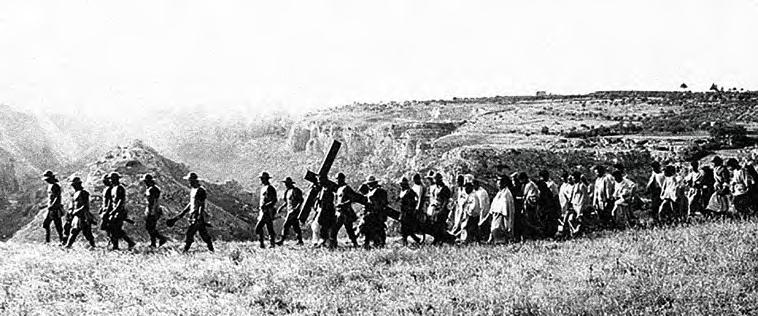
to the controversial
hours
Willem


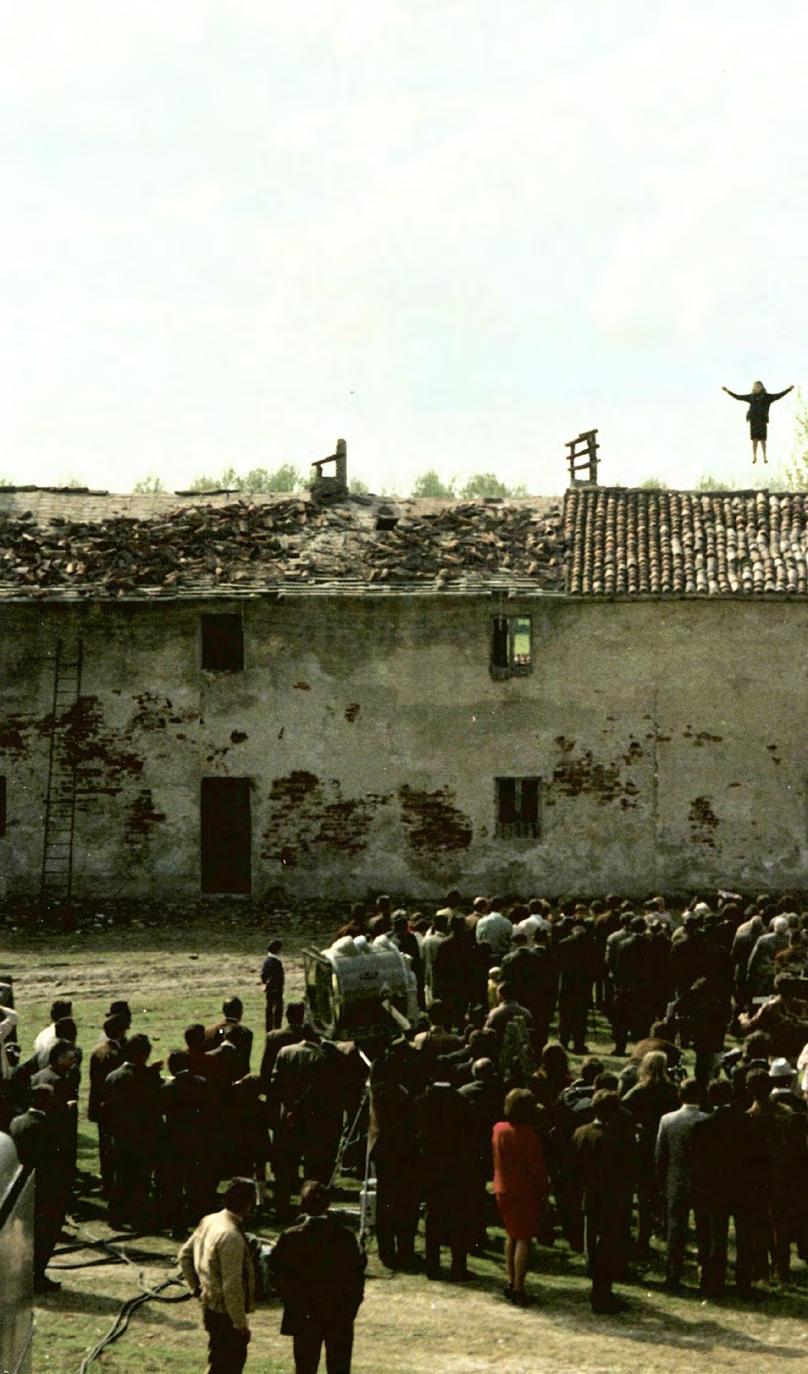
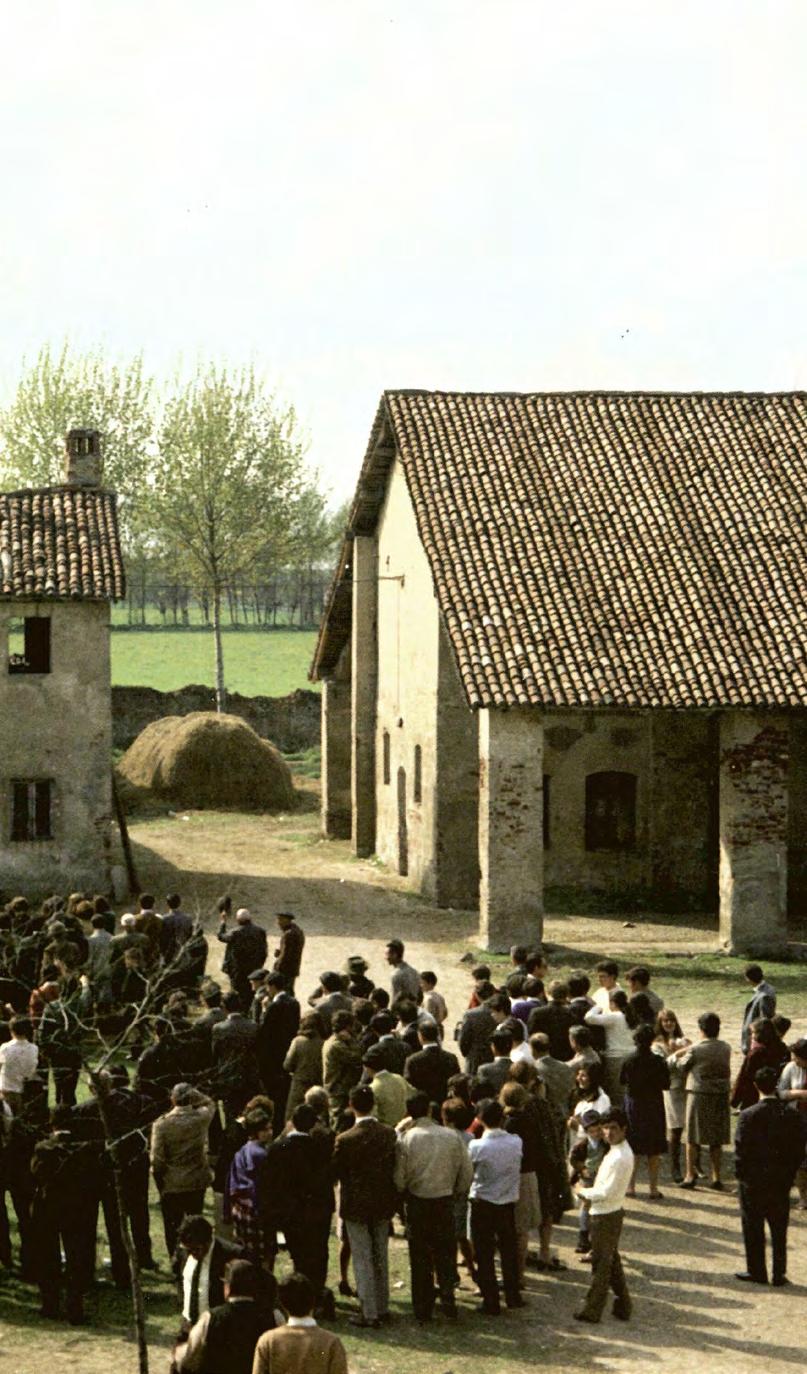
We are often compelled and gripped by salacious tales of crime and punishment, and there are very few criminals who are as charming and seductive as the anti-heroes of Patricia Highsmith’s works. Although Highsmith was uneasy about the label of ‘crime novelist’, she weaves a world with twists and irrationality. Her works often seem to be more fascinated with delving into the disturbed minds of villains – gloomy and desperate, afraid to be left out hence hopelessly grabbing the love of attention and willing to do anything to avoid being nobodies.
In her famous Ripley novel series – which has been adapted into Purple Noon and The Talented Mr. Ripley, among others – the hero is a chameleon whose penchant for lying and murder are essentially extreme survival tactics. In Deep Water, a cuckolded husband’s jealousy over his promiscuous wife turns him into a serial murderer; In The Cry of the Owl, a lonely man spies on a young woman and causes her fiancé to takes revenge; In Strangers on a Train, a wealthy psychopath concocts what he believes to be the foolproof murder: ‘Criss-
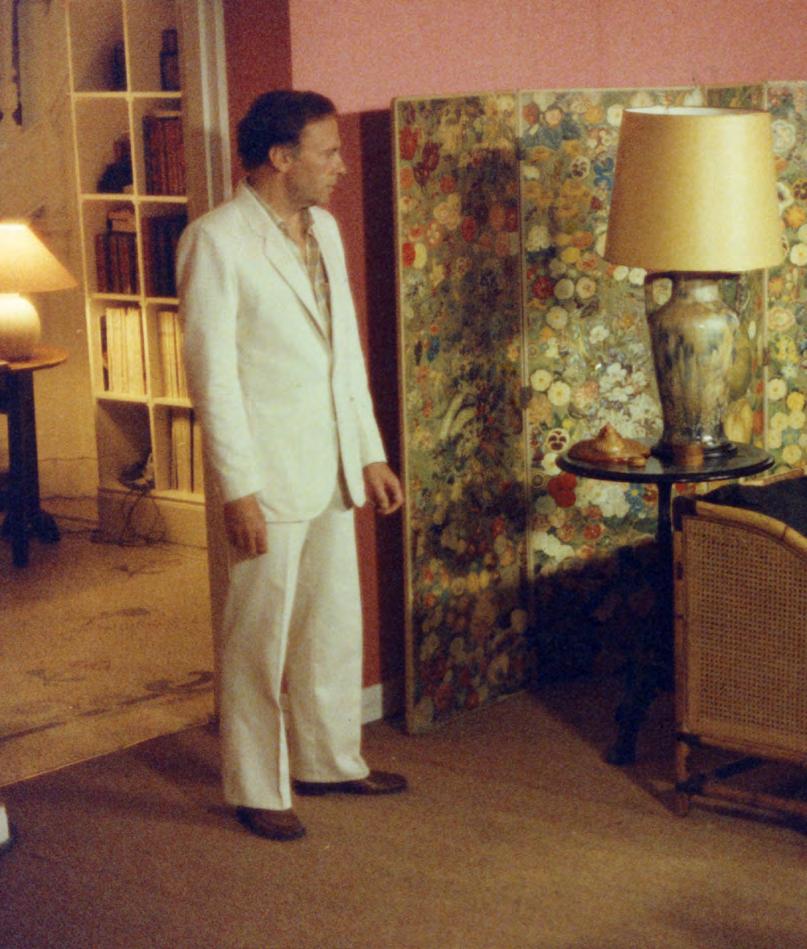
Cross’ murders with a stranger in order to remove motivation from the act and thereby escaping suspicion. In her stark, uncompromising narrative where innocence and morality have no place, we may not necessarily sympathise with her criminals, but they often represent a debate over whether to fulfil our darkest desires, whether that be the desire to become someone else, to murder those we loath or to succumb to forbidden temptations. As Highsmith once wrote, ‘every book is an argument with myself.’
Even The Price of Salt, which was adapted into Carol from Highsmith’s sole purely romantic novel, was the result of her own desire for wish fulfilment: the story was inspired by her encounter with a beautiful blonde woman in a department store. Though the torrid love affair in the story was based on her other relationships, the author admitted that she had gone as far as following the stranger to her home. Seemed like Highsmith, too, used literature as an outlet for her own dark desires.
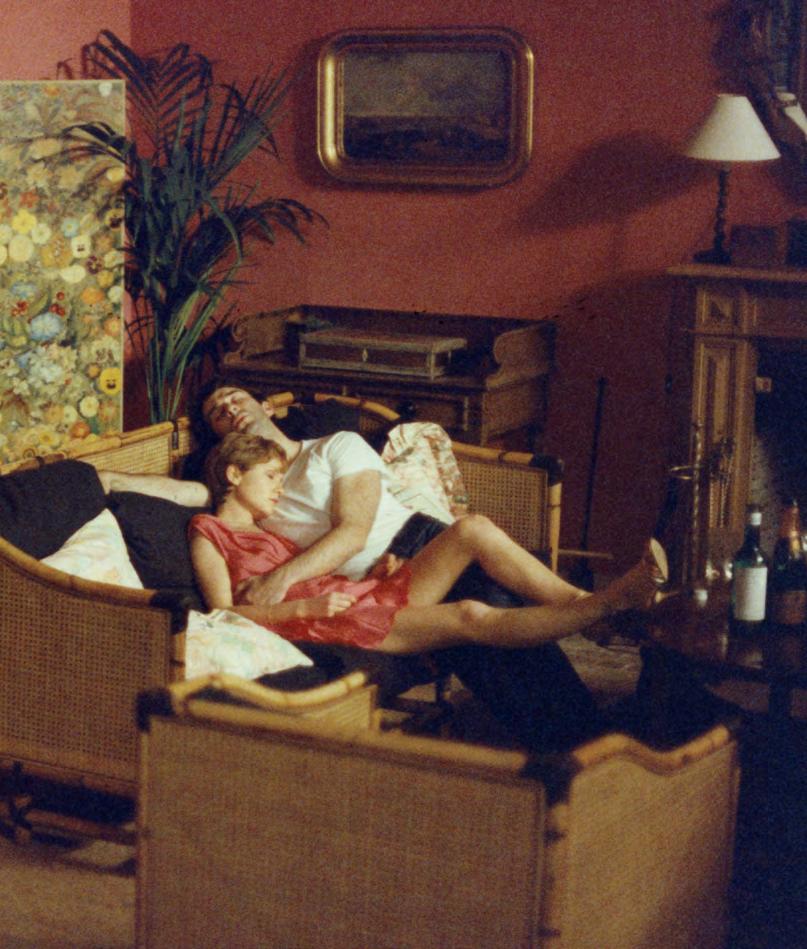
Patricia Highsmith’s first groundbreaking noir novel gained immortality when Alfred Hitchcock turned it into a wickedly compelling thriller. While riding on a train, tennis star Guy Haines is approached by Bruno, a smooth-talking stranger who knows of his personal troubles. Suddenly, Bruno proposes to ‘swap’ murders with Guy, with each person killing the target of the other’s hatred to avoid suspicion. Heightening the thrill of this ingenious and amoral story with astounding visual language, Hitchcock crafts a brilliant examination of vastly opposite men who share more than they want to admit.
改編自海史密斯代表作。窮小子雷普利遇上
devastatingly handsome Alain Delon gives a star-making performance in the first adaptation of Patricia Highsmith’s celebrated Ripley novel series. As anti-hero Tom Ripley, Delon plays a chameleon with many talents who is sent to Italy to retrieve a shipping magnate’s wayward son, Philippe. Obsessed with Philippe’s life, Ripley soon finds himself using all of his talents to elude the authorities and literally take over Philippe’s life. Suppressing the homosexual subtext, this engrossing, sun-drenched noir led by a fascinating and morally complex protagonist is simultaneously a triumph for Highsmith, Delon and director René Clément.


年輕妻子如穿花蝴蝶,跟其他男人貼身共 舞,老成丈夫表面平靜大方,實則妒火中 燒。開放式關係不如想像中開放,更像是為
了女兒才維持有名無實的婚姻。由丈夫開玩 笑說已把妻子的情人幹掉,到真的萌起殺人 念頭,情海自此駭浪驚濤。在海史密斯筆 下,有毒婚姻就如玻璃牢房,妻子彷彿故意
引發醋意,丈夫則不動聲色,伺機剷除不忠 誘惑,到最後還是躲進蝸牛殼才不致受傷。
尚路易杜寧南和伊莎貝雨蓓把夫妻間的心計 攻防,以至扭曲變形的感情與欲望,都表現 得淋漓盡致。
We see the icy beauty Isabelle Huppert dancing romantically with a man at a party. However, her husband isn’t her dance partner, but rather the stoic Jean-Louis Trintignant who is staring quietly with an ominous gaze from a corner. So starts Michel Deville’s provocative thriller about a dysfunctional open marriage that turns lethal when the husband is suspected of murdering his wife’s lovers. Patricia Highsmith’s novel about a marriage’s slow disintegration through mutual destruction even played a major influence on Gillian Flynn’s hit novel Gone Girl
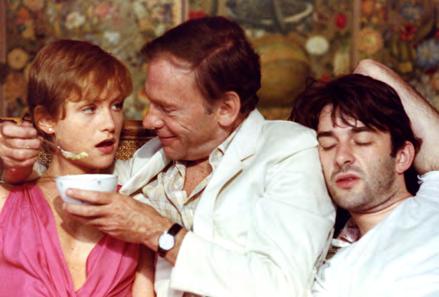
正在辦離婚的繪圖師,偷窺與未婚夫同住的
match
view of the bourgeois
crafted thriller, in which the novel’s unpredictable and sometimes outlandish plot twists are grounded by Chabrol’s measured pacing and precision. As suspenseful as it is darkly humourous, it reverberates with Fritz Lang’s classic theme of man’s struggle against fate.

drawing from the same Patricia Highsmith text as René Clément’s Purple Noon and Wim Wenders’ The American Friend, Anthony Minghella’s highly anticipated follow-up
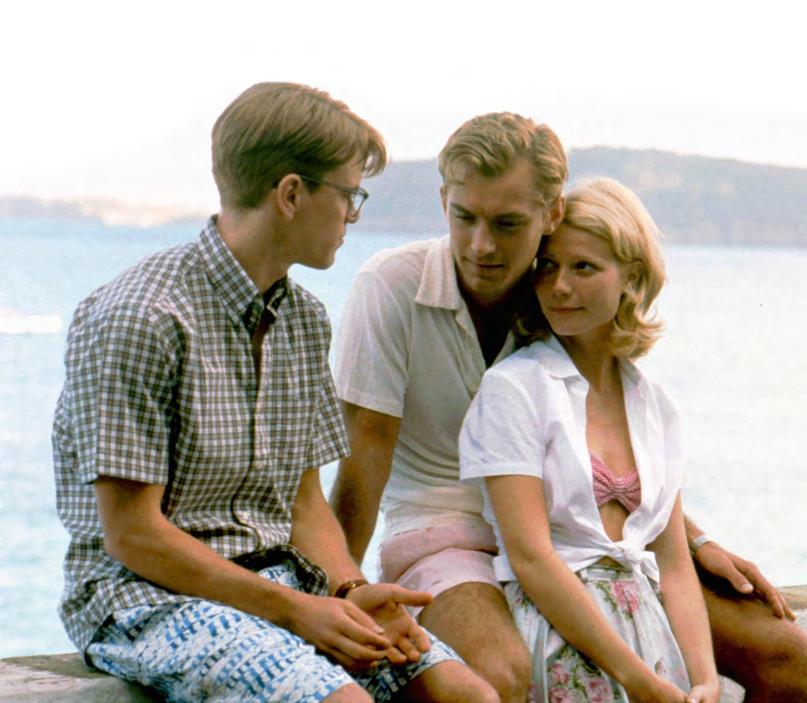
of
rich
is
is an elegant, seductive and tense thriller about identity and the art of deception with memorably drawn and devastatingly tragic characters. Matt Damon is excellent in his transformative performance as Ripley, but it’s Jude Law’s charming, yet toxic performance as the reckless, arrogant and sometimes cunning playboy that truly steals the show.
an extra
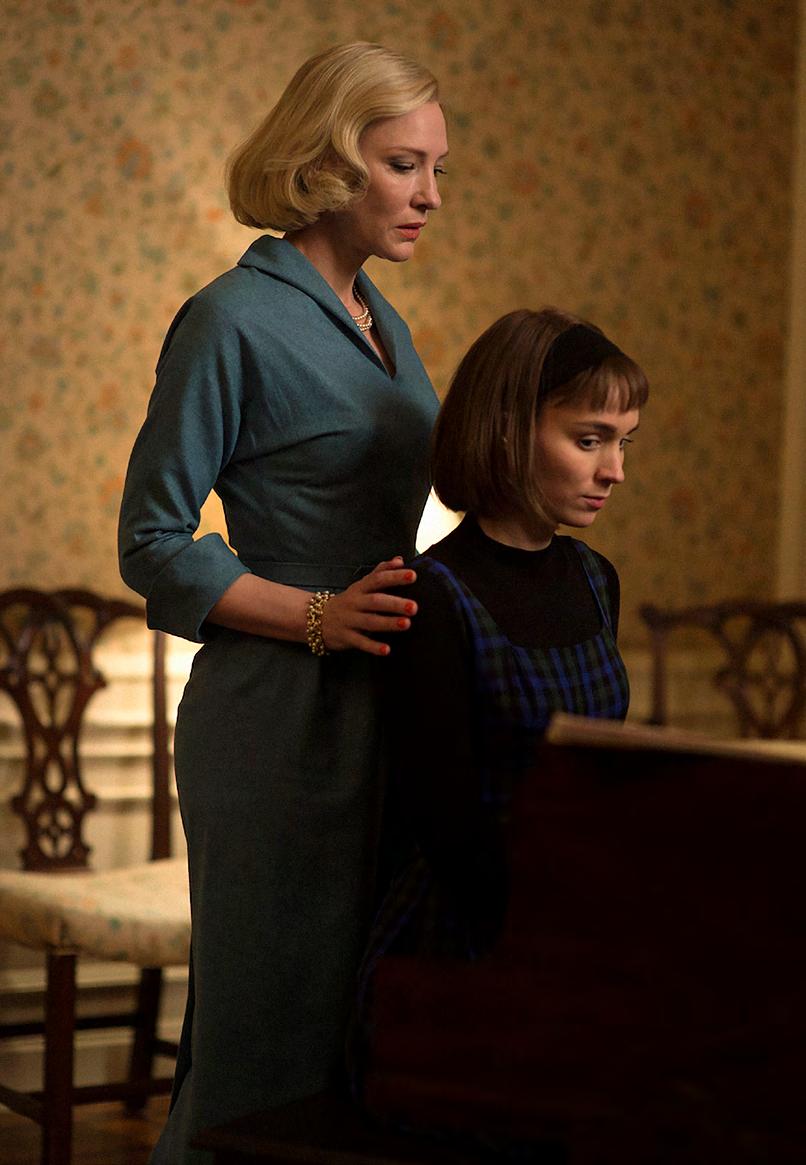

段用盡,殊不知反墮入圈套之中。黑色電影的格局,折射紐約繁華喧 鬧背後的烏煙瘴氣,爵士樂的神采飛揚力蓋不住執法者的腐敗幽暗。
Lancaster
influential
Hunsecker, who cajoles Tony Curtis’ increasingly desperate
the relationship between Hunsecker’s
agent
an
James Wong Howe and an intoxicating
startling black and white
Bernstein, Sweet Smell of Success sees both its stars
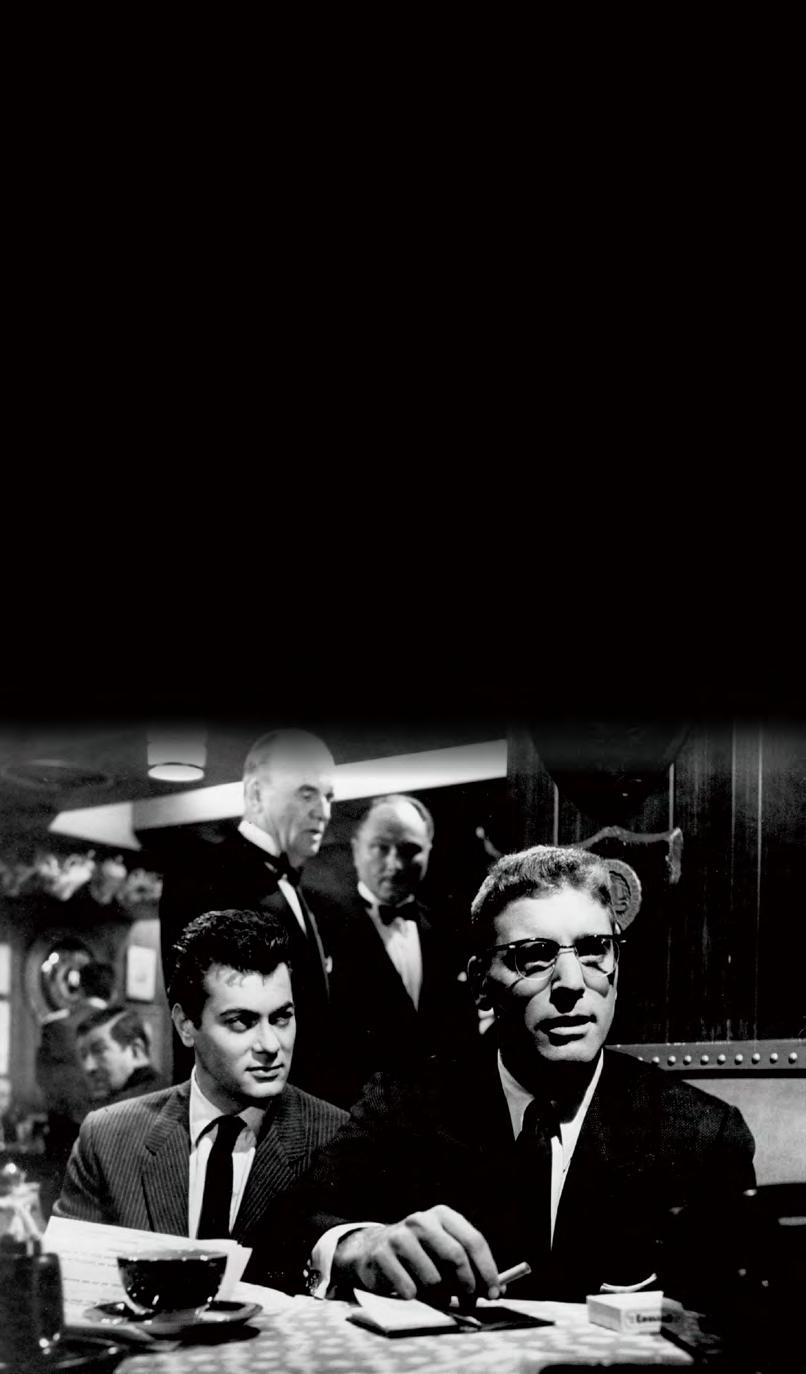
by
of the day, but later being heralded as
careers of all concerned.
type,
l
鍾拿斯麥格斯(1922-2019)
被大命運播弄,從立陶宛田園
家鄉放逐到紐約大都會,記憶 躁動未安,前景無從落實;然 而,大命運卻委以終身重任, 要他開墾電影新國度。在五十 年代興起的前衛電影的名義 下,麥格斯率性行事,先以個
性化的日記電影紀錄生活,進 而策展小眾放映,經營獨立影

院,發行非主流電影,與弟弟
A legendary figure of the American avant-garde, Jonas Mekas (1922-2019) was at the heart of the Sixties underground film scene as a critic, curator, and filmmaker. Displaced from their native Lithuania as refugees in postwar New York, Mekas and his brother Adolfas soon joined the city’s independent film community, founding Film Culture, Anthology Film Archives, and writing for the Village Voice. They advocated for a New American Cinema, forming The Film-Makers’ Cooperative with figures like Lionel Rogosin and Shirley Clarke, and later focused on abstract works by experimental filmmakers like Stan Brakhage and Gregory Markopoulos.
Mekas turned towards avant-garde filmmaking and the diaristic form with intimate, personal epics, edited from 16mm footage of his daily life over the years. Mekas’ was the art of the glimpse – life captured in the burst of a few frames – but also of memories recollected in tranquility: poetic fragments with narration or intertitles, accompanied by evocative music. The sense of wistful introspection derives as much from his lifelong feelings of exile as to how the company of others becomes a ghostly afterimage in the solitary act of remembrance, reminding us of Cocteau’s eternal dictum that cinema is death at work.
An advocate for ‘oppositional cinema,’ Mekas’ challenging spirit against dominant culture codes keeps independent cinema alive and kicking in the age of digital globalisation.
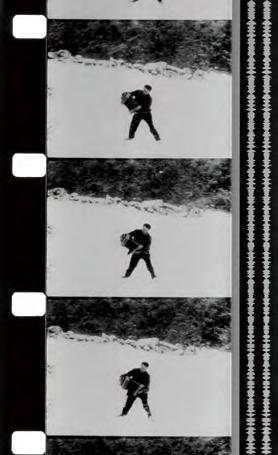
Visiting home after over two decades of exile, Mekas filmed
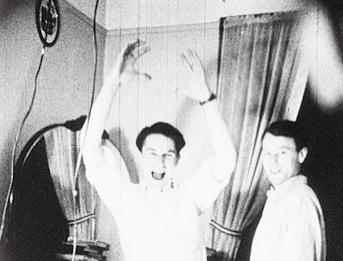
voyage to the village of Semeniškiai where he was born. Divided into three parts, the film begins by detailing Mekas and his brother Adolfas’ postwar displacement in America, where they were never able to let go entirely of their past. There follows ‘100 Glimpses of Lithuania’ from Mekas’ trip to Semeniškiai: fugitive visions of his mother, drinking water from the village well, singing and dancing to Lithuanian folk music... A ‘parenthetical’ visit to Nazi labour camps where Jonas and Adolfas were once detained explains their exile, before the film ends with Mekas in Vienna with friends Peter Kubelka, Ken Jacobs, Annette Michelson, and Hermann Nitsch.
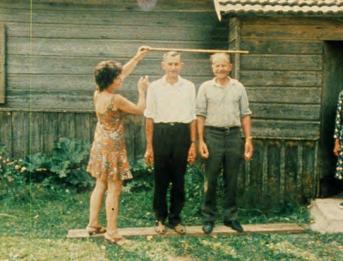

Preserved by Anthology Film Archives with support from The Film Foundation.
An intimate epic of fleeting moments
history, Lost, Lost, Lost







